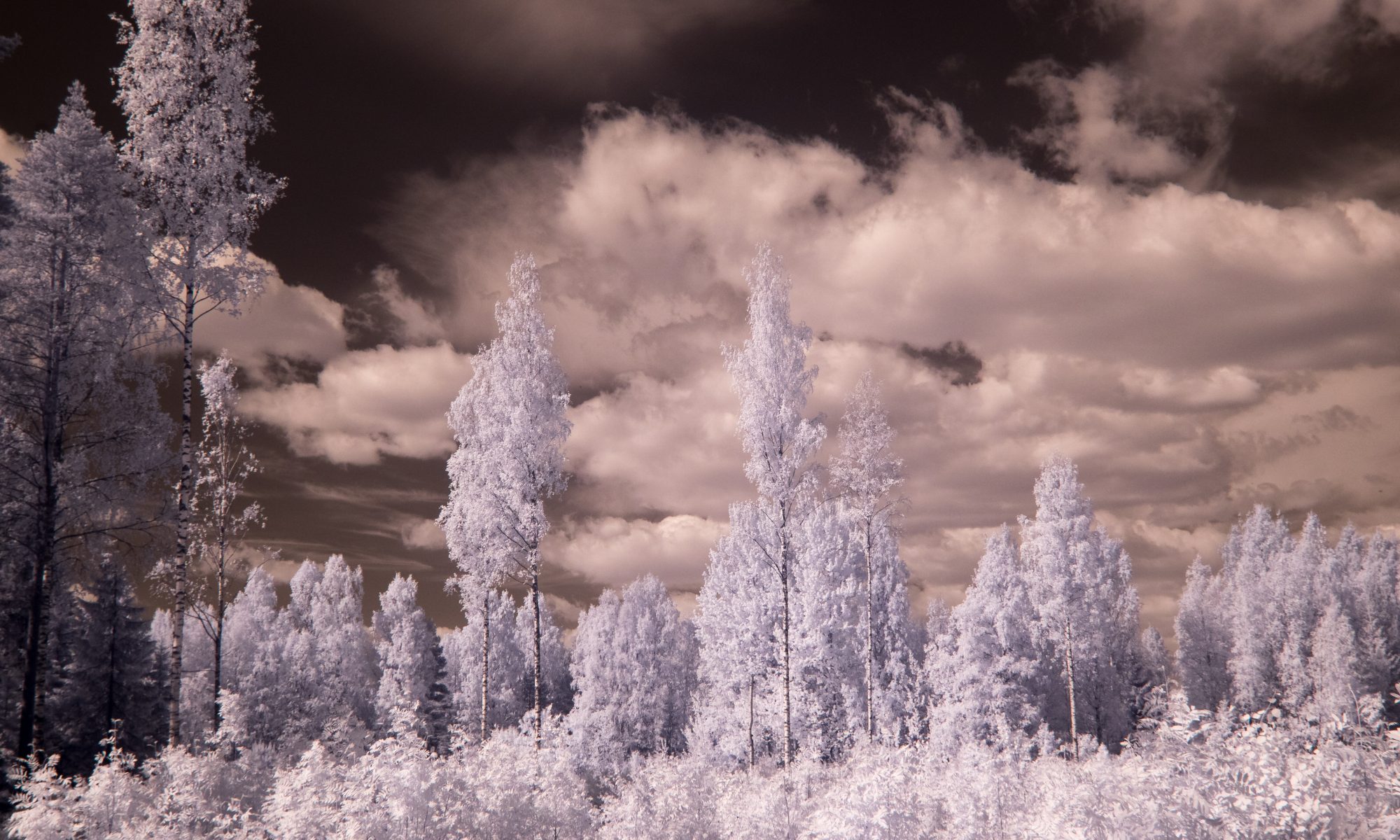In attendance: Pedro, Matt, Fang, Titta.
Section 1: Agenda
1. We will have one student for Summer Practicals working with Matt, Pedro, and Fang: Her name is Noora Imberg.
We will try to meet with her on Thursday 11th March to establish a timetable for her work which suits everyone, place for her to work, and reading list etc.
She will have the opportunity to use the laptop in Matt’s office if neccessary.
2. Conferences and Meetings
Fang is attending the 2nd half of her course in Turku on 10-11th March.
She will present her paper on Stomatal Control (see below)
Pedro is attending the inaugural COST UV4growth meeting in Brussels
Away6-8th April. Matt will cover the Ecosystem Ecology Lecture (Plant Communities and Ecosystems).
Pedro is attending the BES PEP group meeting on the 26-28th April.
Matt (26th 27th) and Fang (28th) will cover for him on the Ecosystem Ecology practical course with the students.
Matt is attending COST EU-Beech final meeting in Burgos, Spain:
Co-author / author presenter of 5-6 papers (posters or orals), and on the scientific/organising committees.
Away 28th April – 11 May – will do some field and lab work whilst away at the site in La Rioja and at INIA in Madrid.
We will also look at the possibility of attending the BES annual meeting in Leeds and UNEP meetings in Lancaster at the same time in early September 2010 – watch for BES abstract submission deadline.
3. Papers: Published, Submitted, Rejected.
Titta’s GCB paper (will query this) and Physiologia Plantarum paper (to be resubmitted), Luis’ Tree Physiology paper (minor comments), Matt’s submission to Methods in Ecology and Evolution. Pedro submitted a paper on effects of boron.
4. Titta’s thesis, and Viva. – May 7th will take place in Jyväskylä. Travel arrangements should be made individually, but let Titta know if you are planning to attend to get details of the event. If going on the train, with Pedro and Nigel (Will Nigel give a seminar?), tickets should be bought well in advance to get the best deal. Otherwise, can think about car pooling..?
We will plan for some practice questions for Titta, at her convenience.
5. Selection of paper for Journal Discussion group.
The paper selected is by Ariel Novoplansky’s Group:
Falik, O.; Reides, P.; Gersani, M. & Novoplansky, A. Self/non-self discrimination in roots Journal of Ecology, 2003, 91, 525–531
Details available on this blog
If you feel keen, you can also read the sister paper which gives a more upto data synthesis of this work.
Discussion will take place on Tuesday 23rd March in the seminar group 5th floor of Biocentre 3 at 12:30.
6. Suggestions for additional participation in the group? Meetings, Journal Discussion
We will invite Rachael Strickman (and associates?). The attendees at Heikki Haninnen’s seminar series. And Noora, of course.
Section 2: Business arising form the previous group meeting.
– Fang gave a practice of her presentation for Turku. “Stomatal Response to Environmental Stress”. Which was well received and discussed.
– Sari’s presentation of her phenolic results will take place when convenient within the next few months – not on a Tuesday
– Other grants and collaborations to apply for funding? See what is available, in particular for collaborations and visits.
– Summer research plans? Next time. Matt will start most experiments in 2nd week of May. Fang’s research plan is advancing.
Any other business
– Tania de la Rosa may be in Helsinki soon: invite her to give us a presentation
– Pedro will buy some books from Oxford University Press, courtesy of Journal of Experimental Botany
– The group will buy a clamp-stand to hold the camera for photographing the arabidopsis plants for leaf area prior to and following gas exchange measurements.
Next meeting is planned for 12th April at 12:00 noon in the seminar room on the 5th floor of Biocentre 3
